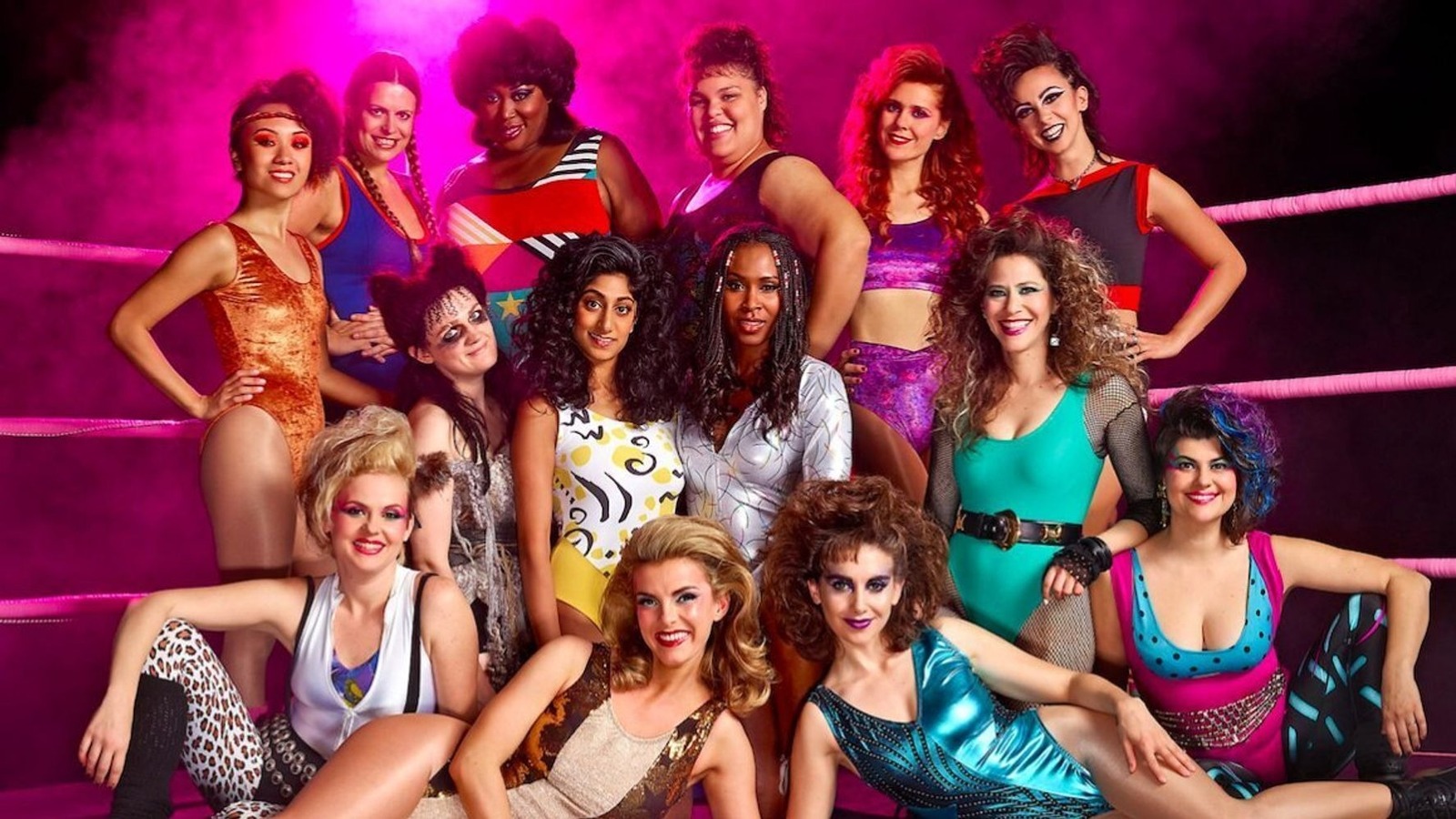#Why GLOW Deserved Another Round In The Ring

“#Why GLOW Deserved Another Round In The Ring”
To describe “GLOW” as merely about wrestling would do it no justice at all. It was that, to be sure, given the real-life story that the series is based on. Wrestling fans largely praised the production for its respect and appreciation for the 1980s-set world of the Gorgeous Ladies of Wrestling, a team made up entirely of Hollywood castoffs and misfit women hoping to rise to international stardom, both through televised productions and in the ring.
More than that, however, “GLOW” also told a wonderfully balanced tale that put women and women’s perspectives front-and-center. Created by Liz Flahive and Carly Mensch, the show’s diverse ensemble and nuanced storylines easily sidestepped issues of representation that have plagued countless other productions. Rather than forcing one or two characters alone to shoulder the complex expectations of an entire marginalized demographic, “GLOW” simply took the most sensible course. By focusing on no less than 15 major characters, all of whom came with their own different personalities, motivations, backgrounds, and flaws, the series genuinely provided something for every viewer.
“GLOW” primarily followed the turbulent friends-turned-enemies-turned-friends-again dynamic between Alison Brie’s Ruth Wilder and Betty Gilpin’s Debbie Eagan, complicated by Ruth’s affair with Debbie’s husband Mark (played by “Mad Men” alum, Rich Sommer). That said, the first season soon expanded beyond this inciting conflict and provided room for its deep roster of talent to add their own unique flavors to the mix.
By the end of the show’s third season, we had our pick of various storylines to follow. Through Sunita Mani’s Arthie Premkumar, “GLOW” deftly tackled issues of race and, with season 2’s introduction of on-again/off-again love interest Yolanda Rivas (Shakira Barrera), closeted LGBTQ+ relationships. Sydelle Noel’s Cherry Bang allowed the series to explore the idea of women in the workplace, miscarriage, and adoption, as well as the baseline challenges of simply existing as a Black woman in America. And Britney Young’s Carmen Wade functioned as the conscience, soul, and beating heart of “GLOW.”
If you liked the article, do not forget to share it with your friends. Follow us on Google News too, click on the star and choose us from your favorites.
For forums sites go to Forum.BuradaBiliyorum.Com
If you want to read more Like this articles, you can visit our Social Media category.




